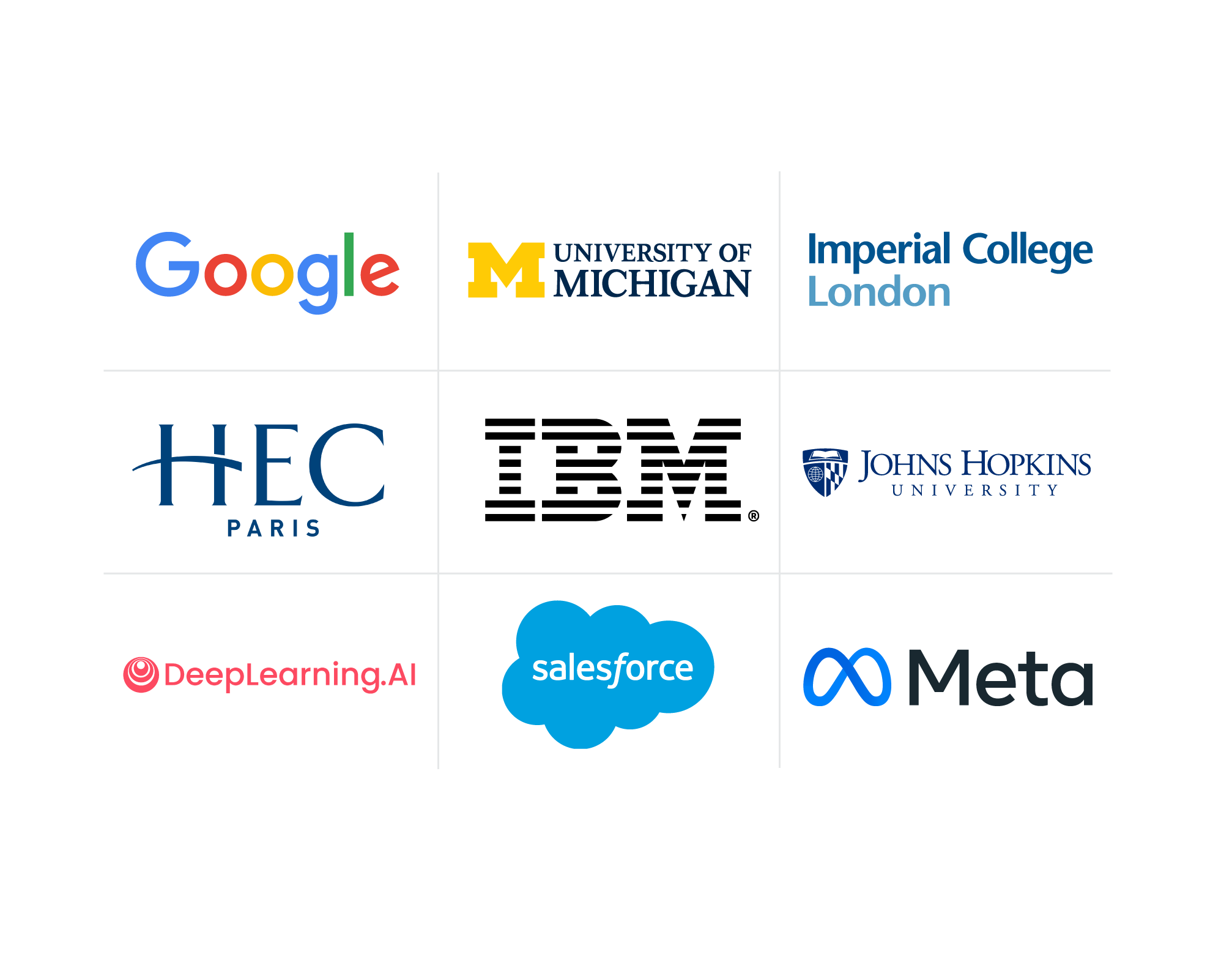What Is Talent Development? An Overview of Best Practices
Talent development can foster business success, support employee retention, and offer a competitive advantage. Learn more about what talent development is and why it’s important. We’ll also share best practices and how to develop in this area.
![[Featured image] Group discussing plan on computer monitor](https://d3njjcbhbojbot.cloudfront.net/api/utilities/v1/imageproxy/https://images.ctfassets.net/2pudprfttvy6/vJxpXLt9NYQTEJE3yddp0/434623055acfa5ce3df9acd0801c5896/GettyImages-1339030364.jpg?w=1500&h=680&q=60&fit=fill&f=faces&fm=jpg&fl=progressive&auto=format%2Ccompress&dpr=1&w=1000)
Talent drives our global economy—the skills people bring to their daily work can help businesses thrive. That’s why companies and organizations have grown increasingly focused on talent development. Assisting employees to maximize their potential can benefit individuals, their employers, and the economy. This article explores the talent development field, illustrates its value, and shares best practices while offering advice to help you develop your team members’ talent.
What is talent development?
Talent development refers to workplace training and learning that expands employee effectiveness. Providing opportunities for talent development can give people the skills, knowledge, and confidence they need to perform productively and achieve greater success within your organization.
Offering development opportunities can have a high return on investment for organizations as they upskill their workers, grow future leaders, and show employees that the business cares about their career path.
Why is talent development important?
Developing your talent offers several benefits, including a competitive advantage for your business and overall economic development. This section will consider the value of developing talent for the individual, the business, and the global economy.
Individual
People want to feel good at what they do. Plus, they want to see a clear path forward in their careers. Talent development helps empower employees by engaging them in learning and expanding their skills to make them more eligible for future opportunities.
In addition, the world of work is evolving rapidly. Developing top talent prepares your team members for shifting demands by giving them confidence in new skill sets.
Business
Here are some ways talent development translates to gains for your business:
Improves business attraction
Drives competitive advantage
Counters employee turnover
Builds a more people-centric culture
Fills skill shortages
Enables talent redeployment
Increases customer satisfaction
Stronger labor-management relationships
Global economy
By developing talent, an organization contributes to a more robust regional, national, and even global economy. The availability of skilled workers can transform business innovation and growth when a city or state has a pool of skilled talent, recruiting, and economic development benefits.
Types of talent development
Talent development can take several shapes and should be customized to suit your business objectives and individual employee needs. Try one or a combination of the following.
Apprenticeships/internships
Common across many industries, apprenticeships and internships help develop new talent early in a person's career. By working to recruit apprentices or interns and training them in workplace skills, you help create new streams of talent with experience and interest in your industry area.
Internal development programs
You can help build your employees’ skill sets throughout their careers with you by offering formal training. This should begin with onboarding, when you introduce recruits to their roles and responsibilities and your company culture. You may then offer ongoing programs in everything from cybersecurity to software training or other technical or professional skills particular to your business.
As you identify employees for management roles, you can also offer leadership development programs. And don’t forget to provide managerial skills training for new leaders, those who have held their leadership positions for a while, and those who will be moving up to oversee more people.
Mentorships
Mentors can offer professional guidance to employees and help them prepare for more senior positions. Mentor relationships help the mentee gain insight into senior roles or different career paths and how to achieve their goals. At the same time, your mentors develop their communication and motivational skills while enjoying a fresh perspective on various areas of the company.
Coaching
Coaching helps develop an individual’s potential through provocative questions and creative problem-solving. While mentors generally tend to instruct, coaches guide individuals to create personal and professional development goals. Coaches are often external consultants hired for their coaching expertise, regularly meeting with employees to help them improve in targeted areas.
Industry conferences
Inviting employees to get out, meet people in their field, and learn the latest in the industry can help them develop professionally. This type of offsite training opportunity can also boost employee engagement and incentivize individuals who view the travel and time away from their day-to-day routine as a reward and recognition of their hard work.
Coursework
Employers can also support their employees’ continued learning and development through coursework. For instance, an individual might return to school to earn an MBA. Or they could elect to take a course in public speaking to build their presentation skills.

Stretch assignments
Calling employees to work outside their comfort zone can help them gain new skills and experience. An on-the-job project, especially a cross-functional one, that encourages individuals to challenge themselves in new ways and work with new teams can broaden their perspective and improve their confidence.
Talent development best practices
Given the importance of talent development, you’ll find many suggestions on prioritizing your team members’ development, with the most successful approaches involving flexibility and regular evaluation. This section summarizes some top strategies for training and developing your employees to empower and engage them in their work.
Personalize development
Every individual has their own needs when it comes to effective development. One person may benefit from a formal, in-person training course, while another employee might thrive with an assigned mentor. Understanding what each value and where they want to grow can help with motivation and drive development success that will benefit your company.
Align talent development with organizational goals.
To foster the skills your business lacks, fill your staff shortages, and build your future leaders, it’s essential to establish organizational goals and align training and development accordingly. If your business needs more people with sales acumen, identify the employees who already show potential and train them to excel in this area.
Provide flexible learning
Empower employee development by ensuring your team members can learn at their own pace and in their own way. Self-directed learning can make it easier for people to incorporate their development efforts into their daily work. In addition, offering options for in-person, virtual, and offsite learning can help customize development to individual needs.
Using technology in your training also supports flexible learning and helps you provide personalized learning paths.
Measure talent development outcomes.
Measuring actual, business-related outcomes related to your training and development efforts will help you iterate and improve your offerings. Using metrics to determine the efficacy of your learning strategies can help you allocate resources more effectively and ensure you’re always providing current, beneficial development opportunities.
Where to start your talent development plan
Success in talent development often starts with strengthening skills like communication (e.g., business writing and public speaking), emotional intelligence, conflict resolution, coaching and mentoring, delivering constructive feedback, teamwork and team building, and workplace diversity.
Those in managerial and other leadership positions and people involved in human resources all play a role in developing talent. Trainers, training specialists, and coordinators also support employee growth and skills development.
Get started on Coursera.
Effective talent development begins as early as onboarding. You can start out strong in this field with a course in Recruiting, Hiring, and Onboarding Employees from the University of Minnesota on Coursera. You might also learn how to change your perspective—or help others shift theirs—in McMaster University’s offering Mindshift: Break Through Obstacles to Learning and Discover Your Hidden Potential on Coursera.
This content has been made available for informational purposes only. Learners are advised to conduct additional research to ensure that courses and other credentials pursued meet their personal, professional, and financial goals.

